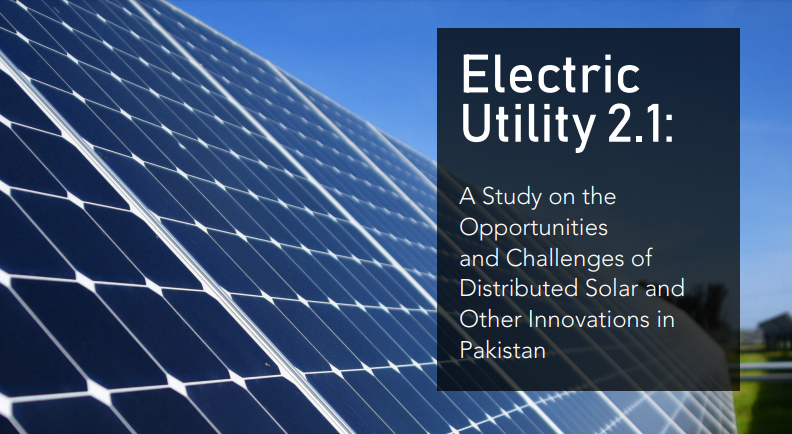 |
Energy Informatics Group |
Energy Informatics GroupThe Energy Informatics Group (EIG) carries out interdisciplinary research in the area of renewable energy analytics, smart grids, and energy efficiency. The broader goal of EIG is to help Pakistan use 100% renewable sources for generating electricity by 2050. To this end, the group carries out research in short, medium and long term forecasting of energy demand, renewable energy generation forecasting for wind and solar resources, demand side management in agricultural, residential and industrial sectors, energy efficiency and renewable energy integration in already built environments, improving energy distribution through soft load shedding, detecting non-technical losses in energy distribution systems and other related topics. EIG also works with the governmental agencies to develop evidence-based policy recommendations for long term renewable energy plan for Pakistan. PRECON: Pakistan Residential Energy Consumption Dataset
Buildings consume on average of over 40% of energy throughout the
world. Therefore, it is crucial to fully understand the consumption
behaviour of building occupants for energy efficiency, efficient
load balancing and better demand-side management. To this end,
small number of datasets are available from developing countries,
particularly South Asia, that can model consumption behaviours
of a wide range of residential electricity users. In this paper, we
present PRECON dataset, collected over a period of one year, of
electricity consumption patterns for 42 residential properties having
varied demographics. Data is collected for the whole house consumption
and from high powered devices as well as from major
areas of the building. This dataset can play a pivotal role for distribution
companies and policymakers to use data-driven optimization of
generation, perform better demand-side management and improve
energy efficiency. 
According to some estimates, solar, wind and
other forms of renewable energy will generate
over 85% of electricity by 2050. This transition
towards renewable energy is coming faster
than our imagination. Traditionally, electricity
has been generated by utility scale electricity
generators and the electricity business has
been a monopoly due to full control of utility
companies on the wire business. The uptake
of distributed solar energy has changed this
monopoly and now customers can produce
their own energy with an option to export it
back to the grid. Falling solar prices have made
it attractive for customers to partially generate
their own electricity and with falling battery
prices, the customer may defect the grid
altogether. |
|
|
|
|
EIG website design by Muhammad Abdullah Zafar
|
|

